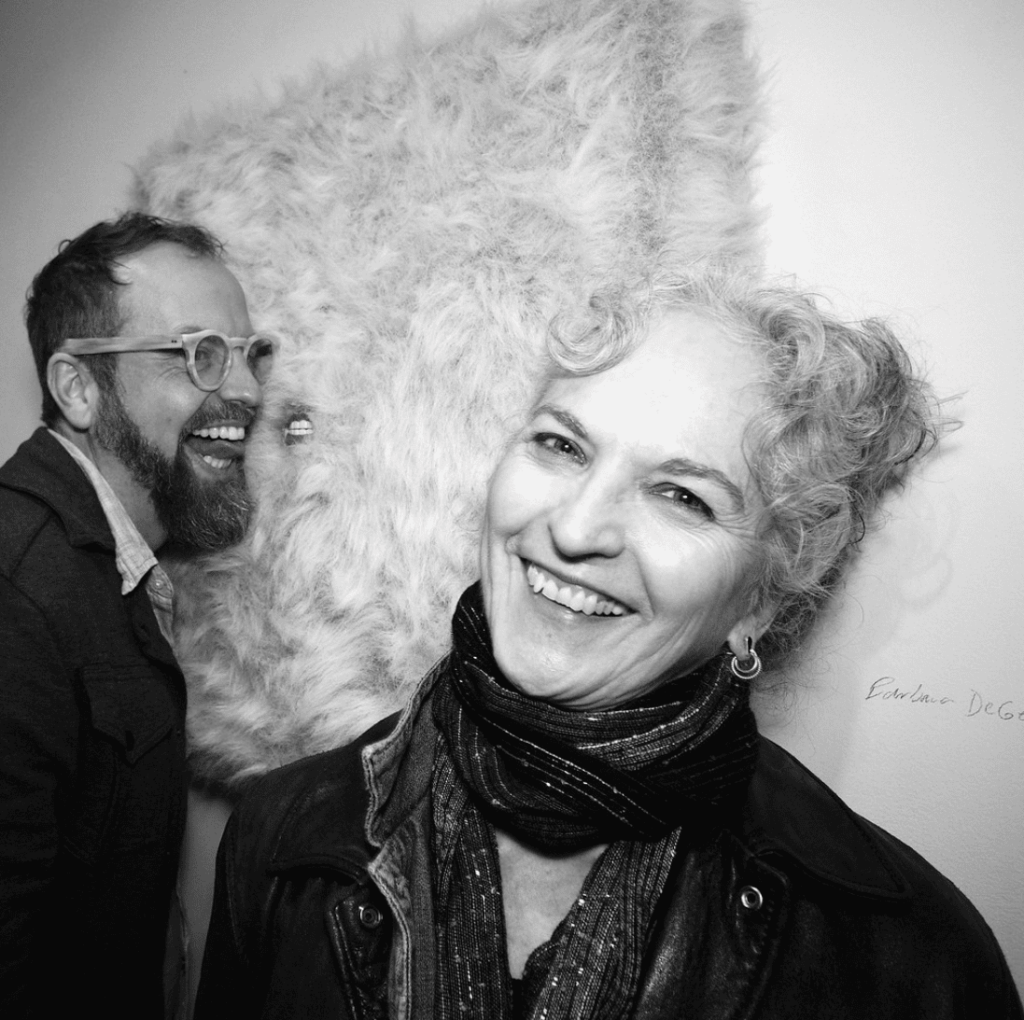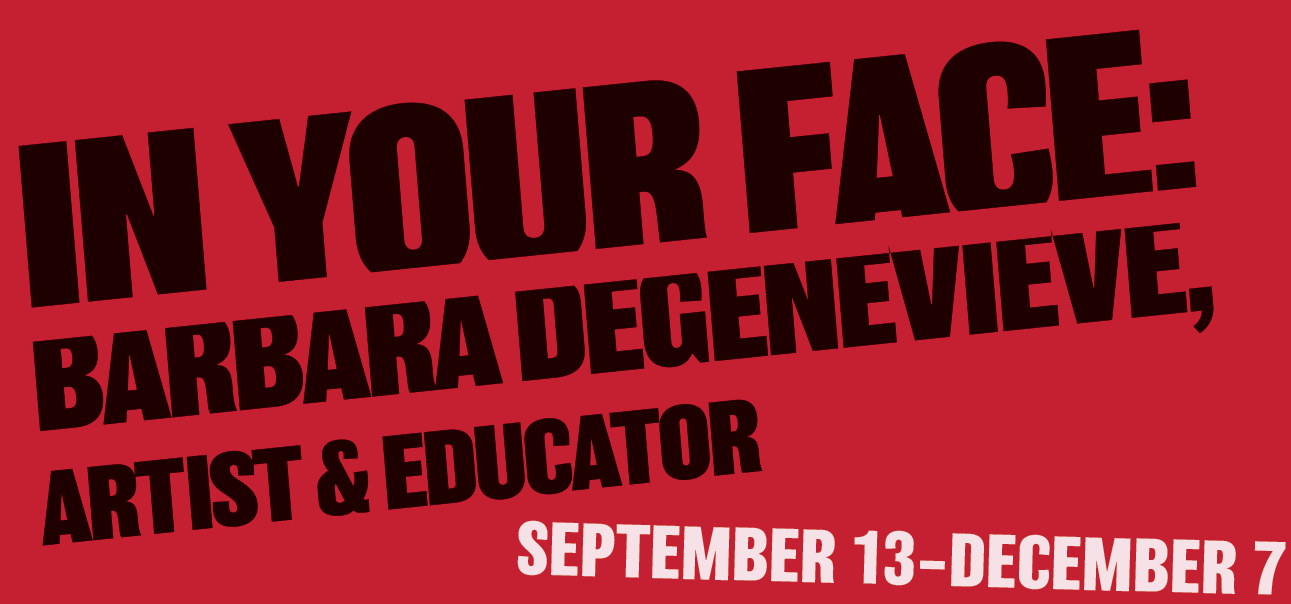
The world is base, messy, and equivocal. We live in a political climate in which the suspicion of deviance is epidemic. As an American artist, this cultural moment is exemplified in the collision of three ideological concepts: pornography, kitsch, and morality. Within a social system that depends on binaries to understand value, these concepts are revelatory in elucidating the high/low divide. Seemingly simple oppositions are invoked with each term: pornography vs. art, kitsch vs. good taste, morality vs. perversity. Distinctions between high and low are dramatic – above the neck / below the belt; appropriate / inappropriate; the refined / the vulgar; the beautiful / the grotesque. The ever-present fear is that the privileged term will be overwhelmed and enveloped (perhaps inevitably) by its nemesis.
Since the 16th century, pornography has been closely linked with political and religious subversion. In it, cultural taboos and the complexities of class, gender, race and power are manifested in the most troublesome and intriguing ways. The disruptive power of pornography, attacked by liberals and conservatives alike, embodies the most problematic of cultural fears – fear of the abject, of defilement, of uncontrollable desire. My interest is in recuperating the word, playing with its social mark of disgrace, and moving it both performatively and theoretically from the private to the public realm.
I have used sex as subject matter for more than 25 years in combinations of photographic images, videos, theoretical writings, and sexually explicit monologues. I often call my work pornographic; when I don’t, I can always be sure someone else will. When I do, it becomes an unstable signifier. What does it mean for a middle-aged woman, a professor, a teacher of theory, a feminist – to write like this, to speak like this, to think these thoughts, to exhibit such bad behavior? I like playing with the vulgar, with the low-class, low-brow, language of traditional pornography, and I am very suspicious of distinctions that elevate erotica over porn as well as create an incommensurability between art and pornography. I’m fascinated by what happens when private language and action enter the public domain, when vernacular “pornographic” vocabulary intersects with cultural analysis, when everything we believe about political correctness is subverted by intemperance, indulgence, desire out of control, and logical reasoning.
My work is not a critique, but rather an embracing of what has been vilified. It is also an acknowledgment of the ways in which pornography implicates all of us in a realm of what Judith Butler has described as “psychic excess” – that which is systematically denied by the notion of the volitional subject.
– Barbara DeGenevieve

)